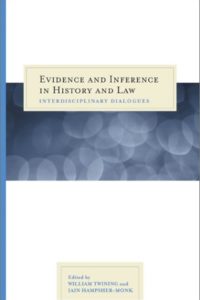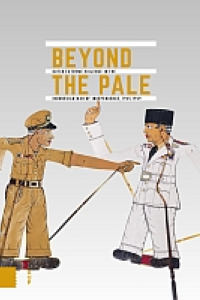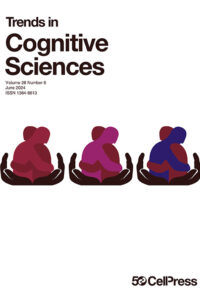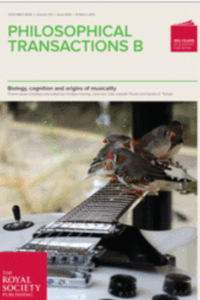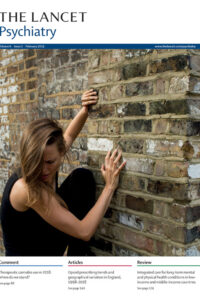About the book
However little that various disciplines in the humanities and social sciences might seem to have in common, they share certain interests in methodological problems relating to evidence, inference and interpretation. By pursuing these shared interests across divergent topics and fields, the contributors to this work aim to advance our understanding of how such truth-seeking, proof-finding methods work, and of what it means to prove something in a range of contexts. The volume considers intriguing questions from different realms – assyriology, theatre iconography, musicology, criminology, the history of ideas, and colonial history – as it reveals how particular concepts, lines of questioning, and techniques of reasoning and analysis developed in one context can be fruitfully applied in others. Among the questions that bring the contributors together are: Was Edith Thompson, famously convicted in 1923 of murdering her husband, a victim of a serious miscarriage of justice? Did cuneiform languages really die out in the second or third century BC? Was Franz Schubert responsible for any of the guitar arrangements for some of his “lieder”? In these cases and others, the contributors’ work demonstrates that, notwithstanding differences in the objectives of their inquiries, the nature and extent of their source material, the culture of their respective disciplines, and their national backgrounds, all these projects involve drawing inferences from evidence to test hypotheses and justify conclusions, and that the logic of this kind of inquiry is governed by the same principles.
Get the book from Athenaeum Booksellers, Amsterdam’s largest independent bookstore.
